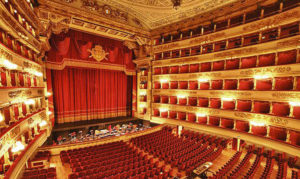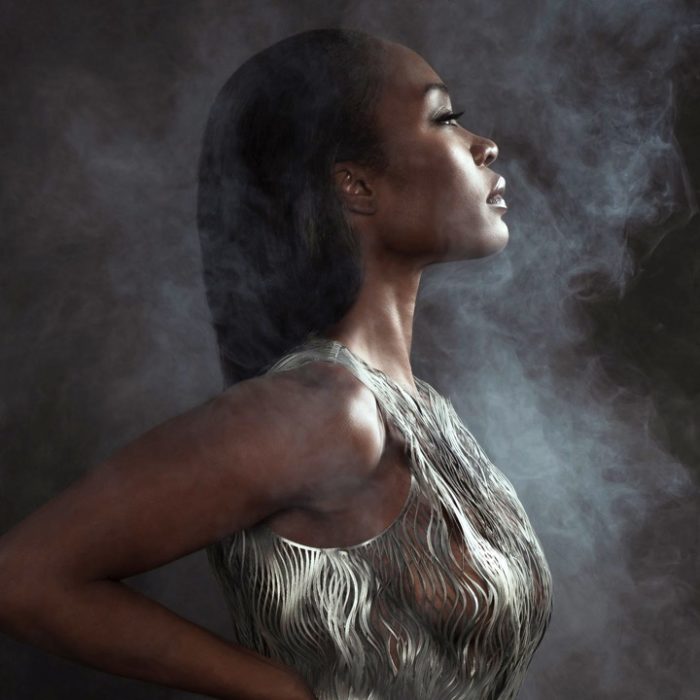
Italian Opera Singing Added to UNESCO’s Intangible Cultural Heritage List
By David SalazarUNESCO has added Italian opera singing to the cultural heritage list.
The art form has been included under the category of Intangible Cultural Heritage alongside such Italian traditions as pizza-making.
“Italian opera singing is a physiologically controlled way of singing that enhances the carrying power of the voice in acoustic spaces such as auditoriums, amphitheatres, arenas and churches,” says the entry on UNESCO’s official website. “Performed by people of all genders, it is associated with specific facial expressions and body gestures and involves a combination of music, drama, acting and staging. Singers are identified by vocal range and color and divided into several registers (tenor, baritone, bass, soprano, mezzo-soprano and alto). The knowledge and skills related to Italian opera singing are transmitted orally between a maestro and pupil, through vocal exercises and the gradual introduction of different musical repertoires and styles. Performances in recitals, singing schools and workshops also contribute to the transmission of the practice, as well as formal education in conservatories and academies. Furthermore, the beginning of an opera season often coincides with local festivities and ceremonies. The practice promotes collective cohesion and sociocultural memory, and is closely linked with other cultural elements, such as acoustic places and poetry. It is also dependent on other professions such as stage and light design, costume tailoring, scenography and makeup. A means of free expression and intergenerational dialogue, its cultural value is recognized at national and international levels.”
“This is something historic… a great recognition of ‘bel canto’ (beautiful singing) opera in the UNESCO intangible heritage list and we must be proud of it,” said Culture Minister Gennar Sangiuliano on RAI public radio.
Categories
News

